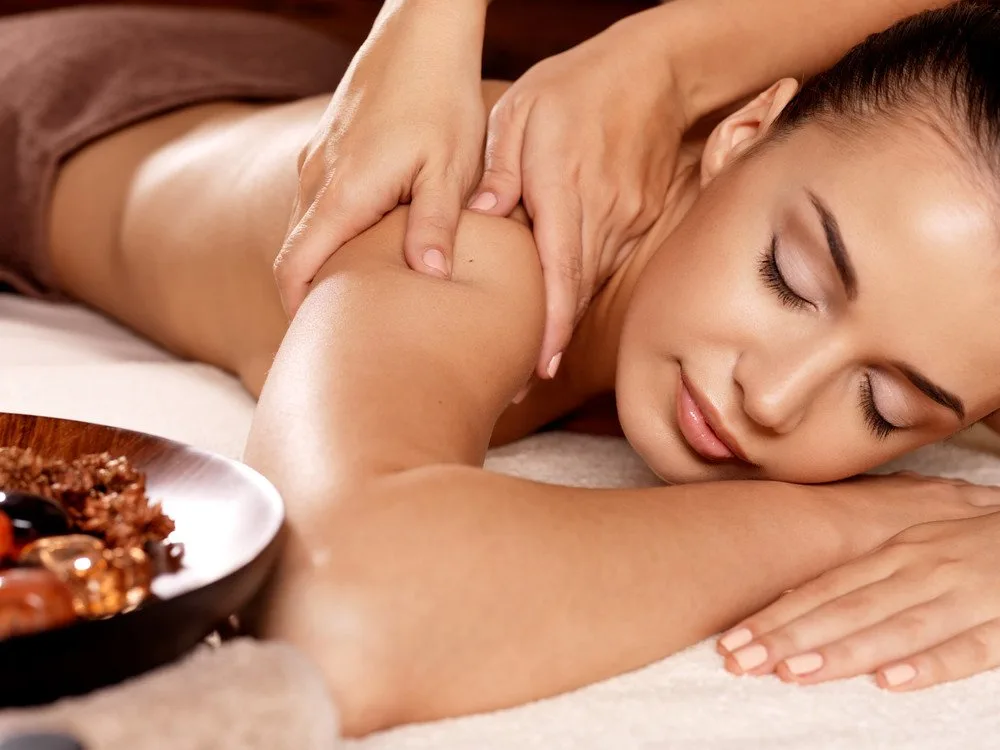The lymphatic system has the important job of ushering toxins out of the body. The degree of lymphatic drainage depends largely on the stimulation of lymphatic flow. Unlike the circulatory system, lymph is not pumped by the beat of your heart; it is stimulated purely by your breath and by movement.
An intricate system of thin vessels and nodes around the body, the lymphatic system can be found under the skin’s surface and connected to every muscle and organ. All waste from tissue is ushered into the lymphatic fluid for elimination.
“Also referred to as the body’s drainage system, it is very important for immune regulation, fluid homeostasis and lipid reabsorption,” explains Kalsey Visser, registered dietician from Alex Royal Dietetics in Bree Street, Cape Town. “Lymph, which consists of water, proteins, salts, glucose, fats and white blood cells, needs to be returned to your blood to prevent fluid accumulation.”
Adds Dr David Nye, owner of Greenhouse Health in Pinelands, Cape Town: “The lymphatic system is very important for draining the tissues of all of their metabolic products, free radicals and toxins.” But for this to happen, it needs to be moving. If your day consists of driving to work, sitting at your computer, driving home and watching TV, your lymphatic system is going to be taking some strain.
“Any exercise will improve lymphatic circulation,” says Nye. Just a 20-minute brisk walk a day is enough to get things moving.
But if you really can’t get out of the house, many swear by the small trampoline known as a lymphasiser. Kneading your feet into the trampette, like a cat, appears to get your lymph drainage working at 100%, especially if you move your arms through the air simultaneously.
“One can have manual lymphatic massage, which is a very light massage focused on helping the tissue to detoxify,” suggests Nye. If you want our other 50 reasons to get a massage, just follow the link.
For people suffering from severe lymph build- up, one can explore pressotherapy. Clinics such as CryoLiving in Cape Town offer the pressotherapy technology known as SleekSculpt. This is a suit that fills up with air in a specific way, creating a firm massaging pressure towards the heart. It is very comfortable and greatly effective.
There have been many questions over the years concerning the pressure of bras on the complex of lymph nodes around the breast. Toxins from synthetic bra fabric and everyday body products, for instance the aluminium found in deodorant, can become trapped in the lymph nodes and breast tissue. These toxins have been linked to the formation of cancer cells. Plus, pressure from bras can restrict our breath, limiting the lymph stimulation that comes with proper breathing.
Dr Michael Schacter, of the Schacter Centre for Complimentary Medicine, writes: “Over 85% of the lymph fluid flowing from the breast drains to the armpit lymph nodes. Most of the rest drains to the nodes along the breastbone.
Bras and other external tight clothing can impede flow. The nature of the bra, the tightness and the length of time worn will all influence the degree of blockage of lymphatic drainage.”
“Neglecting to care for your lymphatic system can result in problems such as a poor immune response, frequent illness, chronic fatigue and even inflammation,” adds Visser.
These are her top three tips to keep the lymphatic system healthy:
- Eat a diet rich in antioxidants and omega-3 fatty acids. This can be achieved by including broccoli, cabbage, spinach, berries, nuts, seeds, olive oil, salmon, herring, mackerel and spices (turmeric, garlic and ginger).
- Exercise. Anything from walking to yoga, high-intensity interval training (HIIT) to jumping on a trampoline will do. Stretching and foam-rolling is beneficial, too.
- Avoid smoking and a stressful environment.
Just a few basic healthy lifestyle habits can go a long way to maintaining our body’s innate cleansing system. Find out more about this complex biological system by following the link.


